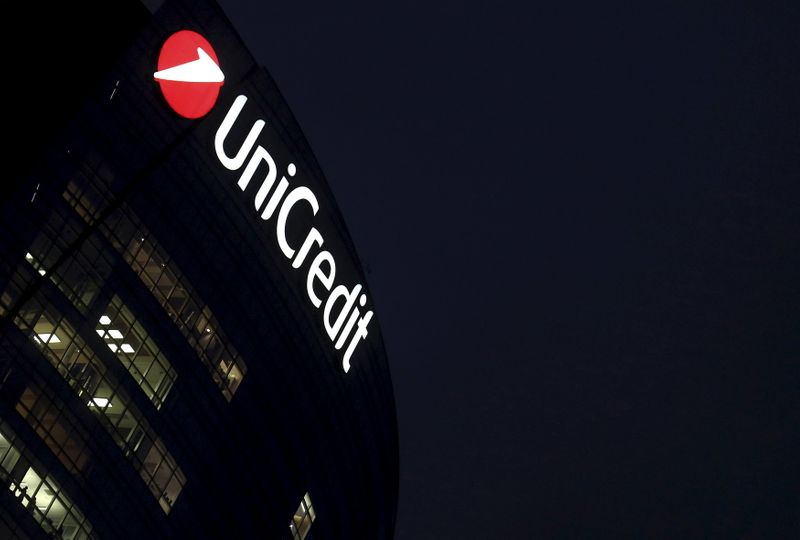The hostile move. A court in St Petersburg, Russia, has frozen 463 million euros worth of assets, shares and property belonging to the Russian subsidiary of the Italian bank Unicredit as a precautionary measure. The decision, reported by local agencies, was made at the request of Ruskhimalyans, a local company that produces liquefied natural gas (LNG) and is a subsidiary of the giant Gazprom.
- Unicredit is preparing to defend itself with a legal strategy that hinges on a recent decision of the English Supreme Court, as reported by the Italian newspaper MF-Milano Finanza. This ruling opens the possibility that the arbitration can be conducted in a court other than Russia, as in the case in France, potentially providing a way forward for Unicredit.
- Besides Unicredit, Germany’s Deutsche Bank and Commerzbank are also involved in the Russian court case.
The government’s response. Deputy Prime Minister and Minister of Foreign Affairs Antonio Tajani hosted a new meeting of the Working Table for Italian Enterprises in Russia yesterday. Representatives from the industry and Italian business associations in Russia and officials from the Ministry of Economy and Finance and the Ministry of Enterprise attended the meeting.
- This is the second roundtable following the one held on May 2, which focused on the Ariston case. On that occasion, the Kremlin seized the Russian subsidiaries of the Italian company Ariston and transferred them to the Gazprom group.
- Minister Tajani has reiterated the government’s unwavering commitment to safeguarding the interests of companies still operating in Russia by any means necessary. He also announced that “the roundtable will convene regularly to address significant developments, demonstrating a proactive approach to the situation.” Mr Tajani has also called for compensation for companies that have suffered economic losses due to the sanctions or the withdrawal from the Russian market.
The big picture. The Russian Federation’s actions against Italian companies should be interpreted as a form of intimidation aimed at increasing the burden on companies and forcing them to oppose any possible tightening of sanctions. Ultimately, the goal is to intensify pressure on the Italian government.
- In particular, at the June G7 meeting under the Italian presidency, leaders could agree on the next steps regarding the frozen Russian assets, of which approximately 260 billion are held in Europe.
- Notably, the US is urging the EU to agree to use the frozen Russian assets as guarantees to provide military and financial assistance to Ukraine.
- The G7 meeting will take place just after the EU elections, so the EU will not have a common position. This leaves a lot of room for PM Meloni to prioritise negotiations on the issue and to push or hold back a possible G7 agreement on the matter.




